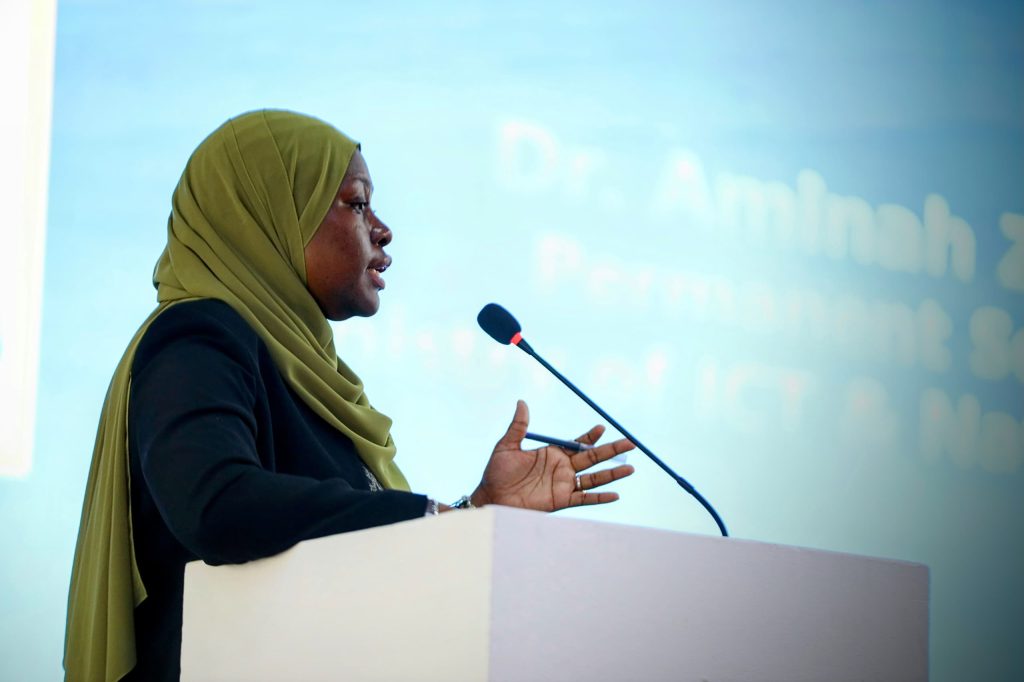Kampala, Uganda – The Third National ICT Job Fair 2024, officially inaugurated by Hon. Robinah Nabbanja, Prime Minister of Uganda, commenced on November 21st at the National ICT Innovation Hub in Nakawa.
“This event is a testament to our collective commitment to harnessing the transformative power of ICT to build a brighter future for all Ugandans,” said Prime Minister Robinah Nabbanja.
The two-day fair focused on addressing the skills gap and fostering innovation in Uganda’s tech landscape, themed “Shaping Uganda’s Digital Future.”

Attendees engaged in:
Career panels: featured industry experts discussed recent trends and essential skills needed in the field.
Skill-Building Workshops: Practical training sessions were offered to enhance job readiness.
Networking Opportunities: Participants connected with industry leaders, government officials, and fellow innovators.
Company Booths: Various firms provided personalised career advice and insights into available positions.
Professional Development Talks: Sessions aimed at career growth and skill advancement.
“The ICT sector employs over 1.3 million Ugandans and is growing rapidly. We recognise ICT as a priority in our national development plans,” said Hon. Dr. Chris Baryomunsi, Minister of ICT and National Guidance.

The fair serves as a platform for:
Job and Internship Fair: On-the-spot interviews created immediate hiring opportunities.
Entrepreneurship Zone: Experts provided advice on starting and growing successful businesses.
“The National ICT Job Fair 2024 has significantly influenced Uganda’s digital ecosystem, empowering over 1,000 young participants,” said Dr. Aminah Zawedde, Permanent Secretary, Ministry of ICT and National Guidance.
H.E. Zhang Lizhong, Chinese Ambassador to Uganda, praised the event’s success, highlighting China’s collaboration with Uganda in the ICT sector.
Mr. Ssali Gao, Deputy Managing Director of Huawei Technologies Uganda Co. Ltd., emphasised the essential role of ICT in various industries.

Key Takeaways:
Uganda’s ICT sector employs over 1.3 million people and is growing rapidly.
The government recognises ICT as a priority in national development plans.
Collaboration among government, education, and private sectors is crucial for equipping the workforce with essential digital skills.





